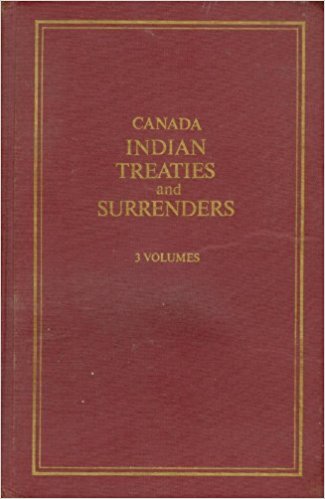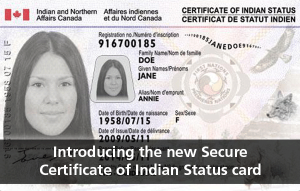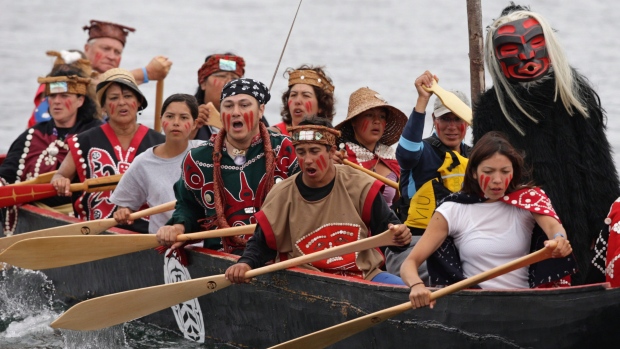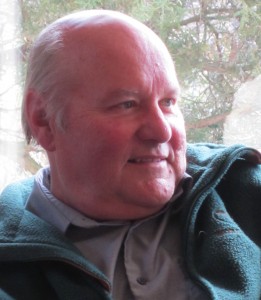 By Ray Rivers
By Ray Rivers
July 21, 2017
BURLINGTON, ON
Canada’s aboriginal leaders have once again demonstrated how they sometimes don’t do themselves any favours. Last week, having been invited to attend the Council of the Federation where the provincial and territorial leaders meet biannually to discuss national issues – they staged a perfect no-show. Their boycott was put down to their offence at not being given a voice at the ‘Table’ equivalent to that of the premiers.
Unlike the premiers, charged with managing Canada’s sub-national governments, aboriginal self-governance, at best, approximates the authority given to municipalities. So it is unfortunate and dysfunctional when indigenous leaders take their adopted First Nations misnomer to heart. In a united Canada, these First Nations, comprising a million and half people, about 4% of our population and widely dispersed throughout the country, will never be more than a notional nation, as important as they were to our past and should be to our future.
 First Nations’ authority comes from a patchwork of treaties signed with the Crown over a century ago and the Indian Act, an even more inappropriate misnomer. Although there are some very successful reserves operating, as for example Walpole Island and our neighbours in the Six Nations, many are poorly managed and dependent on federal largesse for their survival, especially those in remote northern locations.
First Nations’ authority comes from a patchwork of treaties signed with the Crown over a century ago and the Indian Act, an even more inappropriate misnomer. Although there are some very successful reserves operating, as for example Walpole Island and our neighbours in the Six Nations, many are poorly managed and dependent on federal largesse for their survival, especially those in remote northern locations.
Back in 1969 Pierre Trudeau tabled a white paper proposing to repeal the Indian Act and scrap all of the historic treaties. He would have given the reserves to the individual band members and closed down the Department of Indian Affairs realigning health care, education and welfare to the appropriate provincial authorities. His proposal, a response to the failure of aboriginal policy and the Indian Act over the previous century was widely opposed by the aboriginal community itself, and he dropped the idea.
Canada’s earliest parliamentarians considered the native population uncivilized. The real purpose, arguably, of the Indian Act, which received royal ascent sometime between Louis Riel’s rebellions in Manitoba and Saskatchewan, was to civilize them. It was racist and sexist and designed to promote assimilation of the native population, though officially its purpose was to oversee and administer the welfare of the 600 or so native tribes and bands, and attending to the requirements of the treaties they signed with the Crown.
The Fathers of Confederation envisioned a future where aboriginals would eventually be integrated into mainstream Canadian society, they called it enfranchisement. That would eventually negate the need for an Indian Act – once there are no longer any ‘Status Indians’ -those covered by the Act. Bribes were offered for band members to relinquish their status. Anyone attending a post-secondary institution, serving in the military, joining the priesthood or just wanting to have the right to vote had to surrender their Indian status.
 Women who married off the reserve would lose status, but men didn’t. And then some rocket scientist figured that snatching children from their parents and placing them miles away in ‘residential schools’ was the ultimate approach to achieve assimilation – though admittedly no one could have imagined the sexual and other physical abuse the children would be exposed to in schools operated by religious orders.
Women who married off the reserve would lose status, but men didn’t. And then some rocket scientist figured that snatching children from their parents and placing them miles away in ‘residential schools’ was the ultimate approach to achieve assimilation – though admittedly no one could have imagined the sexual and other physical abuse the children would be exposed to in schools operated by religious orders.
Canada’s First Nations’ development has not been a happy story. We hear all too often about how they generally experience lower income levels, poorer health, higher incarceration rates and shorter life expectancies. We cringe when hearing the horror stories of life at Attawapiskat and Davis Inlet. We find it hard to fathom this whole ugly matter of the missing and murdered indigenous women and girls (MMIWG), currently the subject of a national inquiry.
There is a long laundry list of recommendations coming out of the Truth and Reconciliation Commission on the residential school program, though interestingly none of the recommendations effectively deal with what inspired that program in the first place, the Indian Act. The Commission referenced the need to pay attention, if not adopt, the UN Declaration on the Rights of Indigenous Peoples. Canada was one of only four or five nations which voted against it and we had little choice given the blatant conflict with our current policies under the Indian Act.
Over the years, subsequent governments, including that of Stephan Harper have attempted to make the Act less sexist and more focused on self-help and self-government. But the Indian Act remained a source of discrimination between those with status, primarily those living on reserves and eligible for various federal subsidies, and those without. In a landmark decision last year the Supreme Court struck down that discrimination, now ensuing that all First Nations, Inuit and Metis are subject to the Indian Act.

Indigenous games – 2017
This decision will be expensive for the government to implement unless we re-invent how we manage our relationship with Canada’s first inhabitants. And it does provide both the indigenous community and the rest of us with a unique opportunity to reset how we live with each other. Perhaps our current PM would benefit from a review of his father’s old White Paper. And what better time to initiate such a dialogue, as we congratulate our indigenous athletes for their participation in the half-century old North America Indigenous games held in Toronto this year.
 Ray Rivers writes weekly on both federal and provincial politics, applying his more than 25 years as a federal bureaucrat to his thinking. Rivers was a candidate for provincial office in Burlington in 1995. He was the founder of the Burlington citizen committee on sustainability at a time when climate warming was a hotly debated subject. Tweet @rayzrivers
Ray Rivers writes weekly on both federal and provincial politics, applying his more than 25 years as a federal bureaucrat to his thinking. Rivers was a candidate for provincial office in Burlington in 1995. He was the founder of the Burlington citizen committee on sustainability at a time when climate warming was a hotly debated subject. Tweet @rayzrivers
Background links:
First Nations – More First Nations – Canada Day Protests –
Premiers’ Meeting – Truth and Reconciliation – Indian Act –
Status for All – Beyond Indian Act – Trudeau’s Proposal –
Missing and Murdered – Status Indians –




















Well said Mr. Rivers.
Thank goodness the Rt. Hon. Justin Trudeau is taking care of the issue of the Indigenous People of Canada right now.
To quote our current Prime Minister from June 27 2017 on the issue of First Nations.. “What do you need? We have money there. We are ready to invest in you.”
Problem solved to the benefit of everyone in Canada.
https://www.thestar.com/news/canada/2017/06/27/trudeau-defends-track-record-on-spending-for-indigenous-children.html